
Alex Blutman is a student at Harvard Law School and a member of the Labor and Employment Lab.
The debate over the proper role for college sports and treatment of student-athletes touches on a number of important issues—whether the NCAA and universities commit antitrust violations by denying student-athletes certain benefits; whether student-athletes should legally be considered employees; whether student-athletes should be paid a salary and permitted to unionize. Attendant also to that debate is the subject of the extraordinary salaries of the college football and basketball coaches who occupy an important place in the collegiate athletic system. As of 2019, about two-thirds of the highest paid public employees in each state were coaches at public colleges and universities. Following reports that Louisiana State University’s and the University of Southern California’s new head football coaches would be receiving contract offers worth over $100 million, House Ways and Means Oversight Subcommittee Chair representative Bill Pascrell (D-NJ) sent letters to each school asking their respective presidents to explain how such lucrative compensation packages align with the schools’ educational missions. As institutions of higher education, the schools claim tax-exempt status under Internal Revenue Code Section 501(c)(3). Pascrell’s letters suggested that the reported salaries for their new football coaches raise concerns about whether the schools are operating consistent with that status. Pascrell asked the universities to provide information on their highest-paid employees, their tax liability for excess nonprofit compensation, and how their pay to coaches compares to total financial aid given to players.
Meanwhile, U.S. District Court Judge John R. Padova denied the NCAA’s request for an interlocutory appeal in Johnson v. NCAA. After Judge Padova found the student-athlete plaintiffs plausibly alleged employee status under the FLSA, the NCAA argued that Seventh and Ninth Circuit precedent had come out the other way, and, in any event, they are a regulatory body, not an employer. Judge Padova’s order said that whether the NCAA employs student-athletes is a mixed question of law and fact that can be reviewed on appeal after final judgment.
The NFL has prevailed in its long-running litigation against former NFL players who alleged that injured players were irresponsibly provided painkillers to remain on the field. The court did not reach the question whether the Labor Management Relations Act preempted the players’ claims. Instead, senior U.S. District Court Judge William Alsup found that the players’ 2014 lawsuit fell outside the statute of limitations for personal injury claims, which ranges from two to six years. Judge Alsup concluded that the players were obligated to conduct a reasonable investigation of the NFL’s responsibility at the time they suffered each injury they now allege against the league.
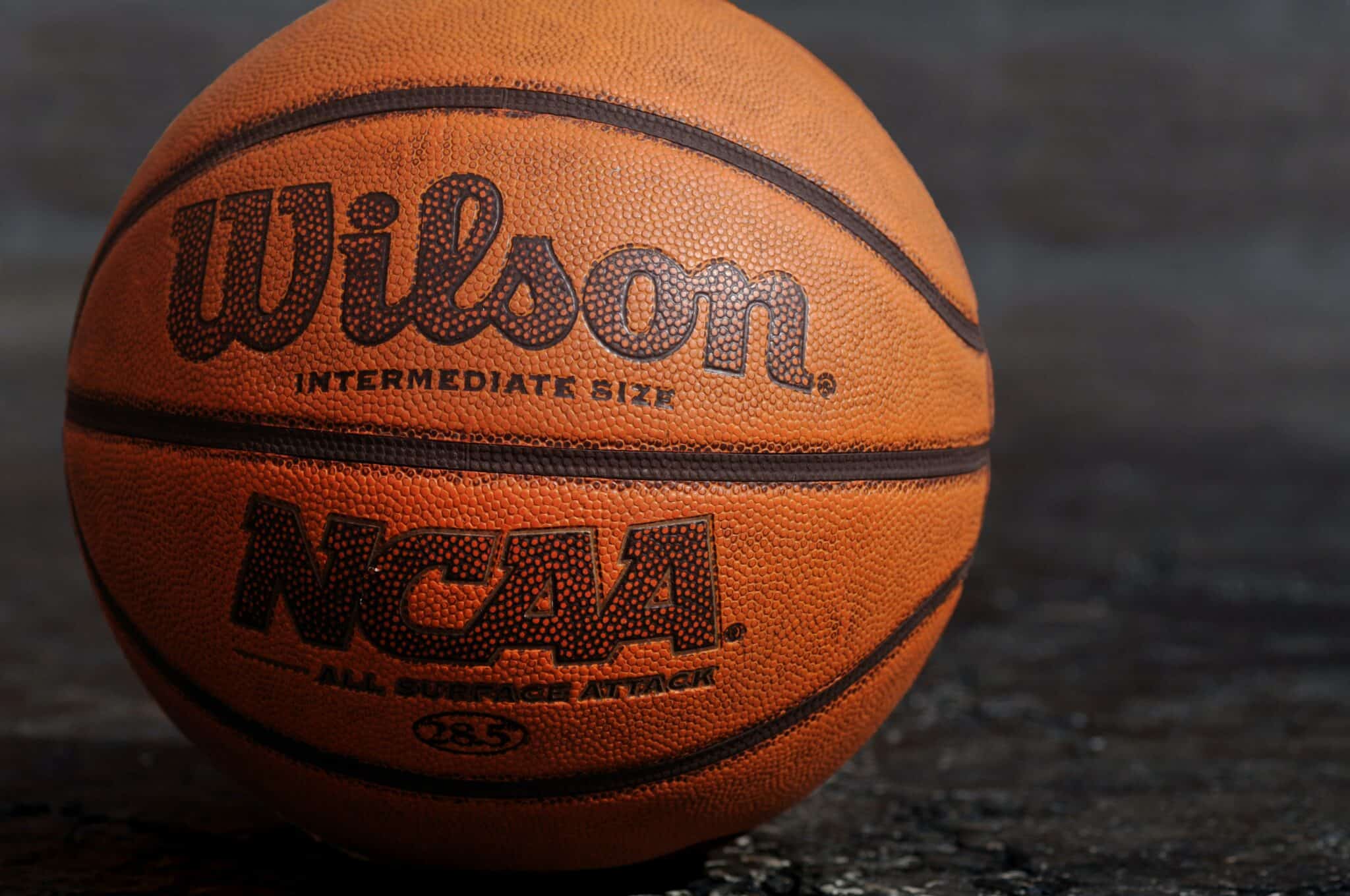
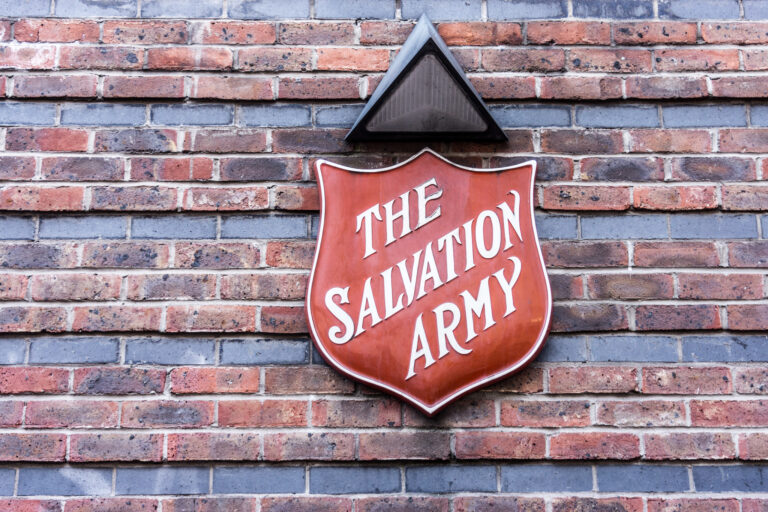
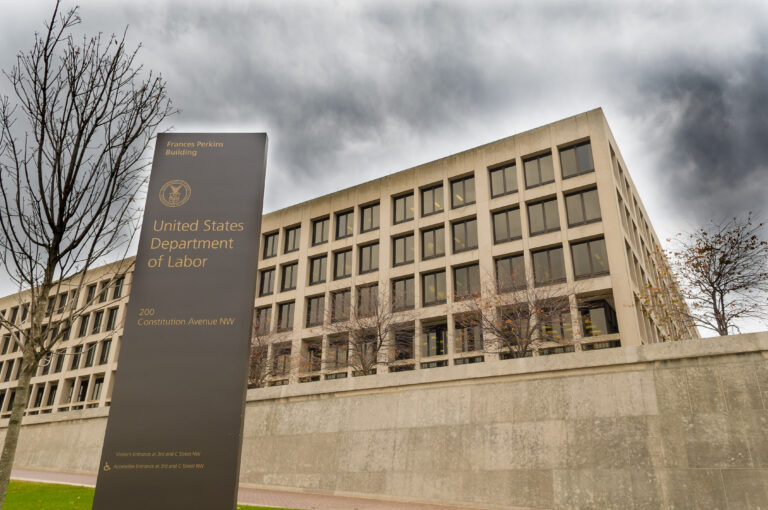
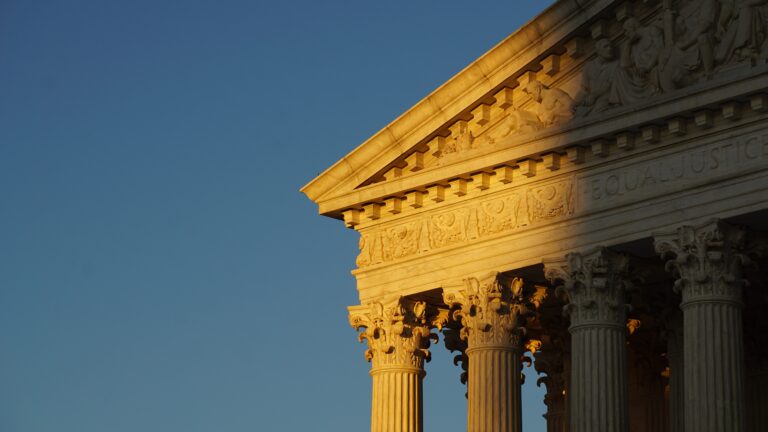
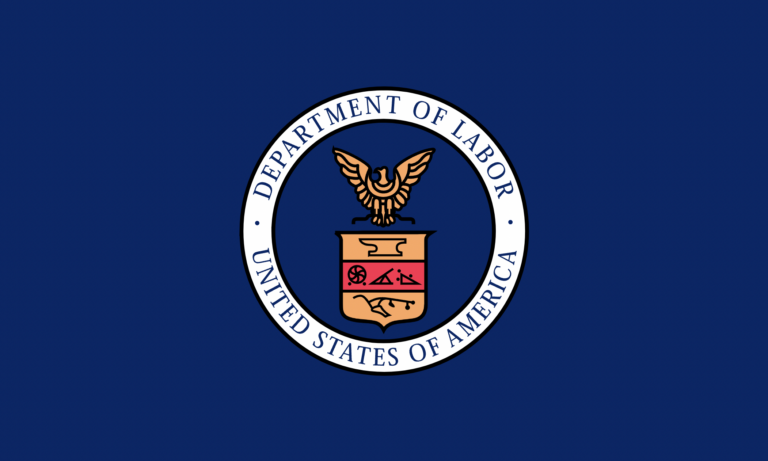





Daily News & Commentary
Start your day with our roundup of the latest labor developments. See all
March 1
The NLRB officially rescinds the Biden-era standard for determining joint-employer status; the DOL proposes a rule that would rescind the Biden-era standard for determining independent contractor status; and Walmart pays $100 million for deceiving delivery drivers regarding wages and tips.
February 27
The Ninth Circuit allows Trump to dismantle certain government unions based on national security concerns; and the DOL set to focus enforcement on firms with “outsized market power.”
February 26
Workplace AI regulations proposed in Michigan; en banc D.C. Circuit hears oral argument in CFPB case; white police officers sue Philadelphia over DEI policy.
February 25
OSHA workplace inspections significantly drop in 2025; the Court denies a petition for certiorari to review a Minnesota law banning mandatory anti-union meetings at work; and the Court declines two petitions to determine whether Air Force service members should receive backpay as a result of religious challenges to the now-revoked COVID-19 vaccine mandate.
February 24
In today’s news and commentary, the NLRB uses the Obama-era Browning-Ferris standard, a fired National Park ranger sues the Department of Interior and the National Park Service, the NLRB closes out Amazon’s labor dispute on Staten Island, and OIRA signals changes to the Biden-era independent contractor rule. The NLRB ruled that Browning-Ferris Industries jointly employed […]
February 23
In today’s news and commentary, the Trump administration proposes a rule limiting employment authorization for asylum seekers and Matt Bruenig introduces a new LLM tool analyzing employer rules under Stericycle. Law360 reports that the Trump administration proposed a rule on Friday that would change the employment authorization process for asylum seekers. Under the proposed rule, […]